The body needs regular iron supplementation. If there is a lack of iron, the red blood cells in the blood will be smaller, making it unable to effectively transport oxygen to the lungs and other parts of the body, according to the nutrition and health website Eat This, Not That! (USA).
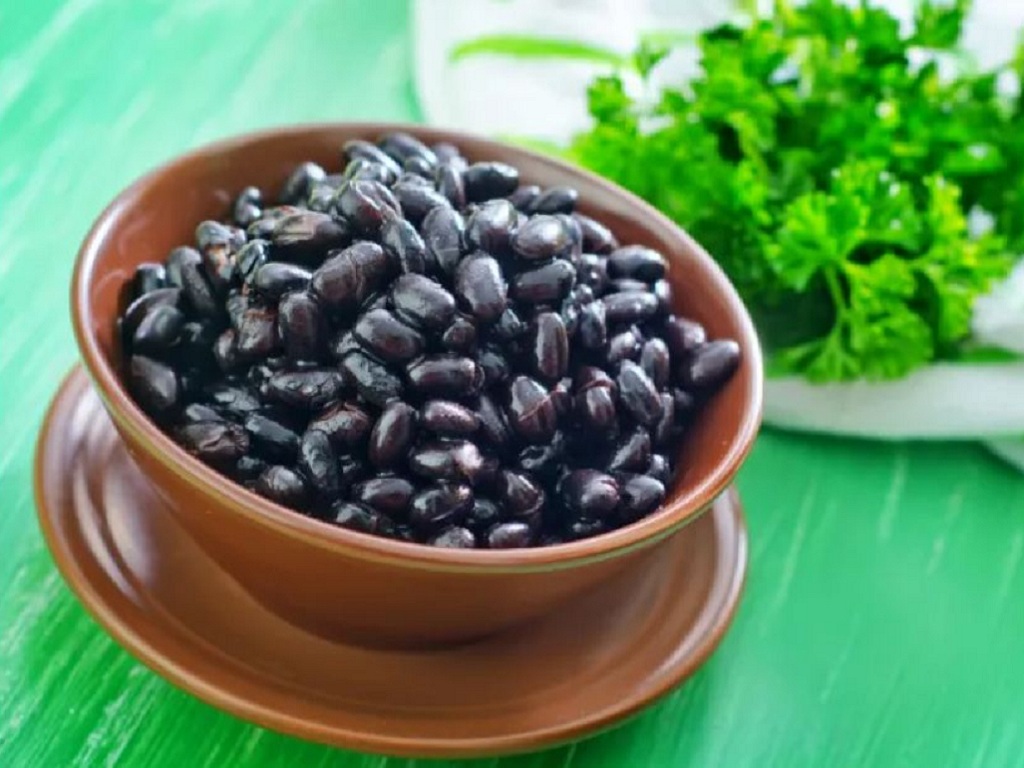
Black beans are rich in iron, protein, fiber and are great to include in a healthy diet.
The result is iron deficiency anemia, fatigue, weakness and weakness. Adult women between the ages of 19 and 50 need 18 mg of iron per day, while men only need 8 mg.
To supplement iron, people should prioritize eating the following plants:
Sesame seeds
One cup of sesame seeds contains about 21 mg of iron. In addition to being rich in iron, sesame seeds also contain plant protein, fiber, potassium, selenium, and several other minerals. These nutrients are needed not only for blood function but also for thyroid function, DNA formation, and protecting cells from damage caused by oxidative stress.
Black beans
Black beans are one of the healthiest vegetables. One cup of black beans, about 170 grams, has 16 mg of iron, 15 grams of protein, and 15 grams of fiber.
A study published in the American Journal of Lifestyle Medicine found that black beans, along with other legumes such as lentils and soybeans, are an important part of the diets of long-lived people.
White beans
One cup of white beans contains about 8 mg of iron, 20 grams of protein, and 12 grams of fiber. They are also considered a protein-rich plant. White beans are often prepared by cooking soups or adding them to salads...
Kidney beans
A cup of kidney beans contains about 15 grams of iron, 20 grams of protein, and 22 grams of fiber, along with calcium, potassium, magnesium, and many other nutrients. Kidney beans are not only nutritious but also delicious, so many people love them.
Spinach
The iron content in 1 cup of boiled spinach is about 6.5 mg. Not only does it help supplement iron, spinach also helps with digestion, weight control, blood pressure control, bone health improvement, and many other benefits, according to Eat This, Not That! .
Source link


![[Photo] Visiting Cu Chi Tunnels - a heroic underground feat](https://vstatic.vietnam.vn/vietnam/resource/IMAGE/2025/4/8/06cb489403514b878768dd7262daba0b)






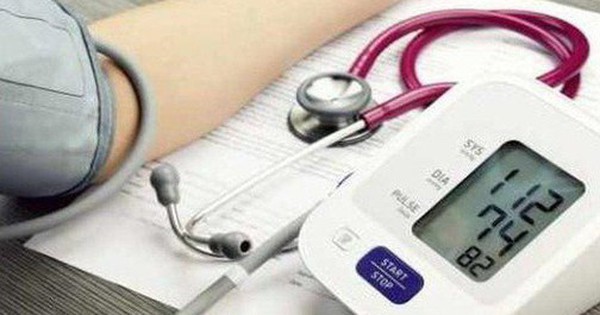

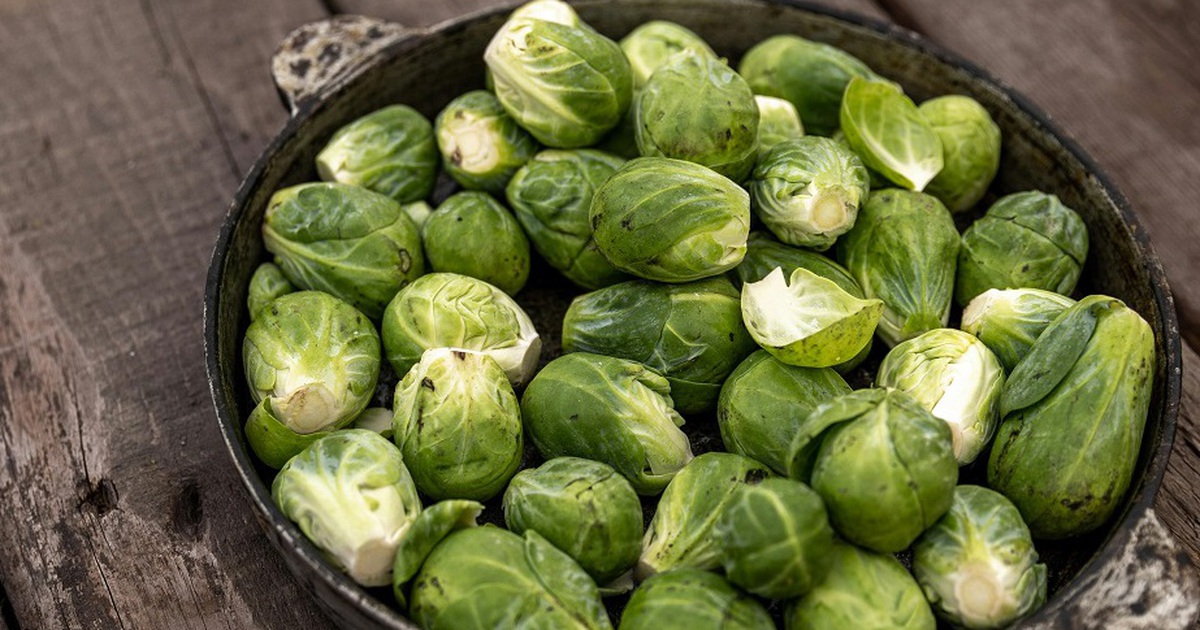
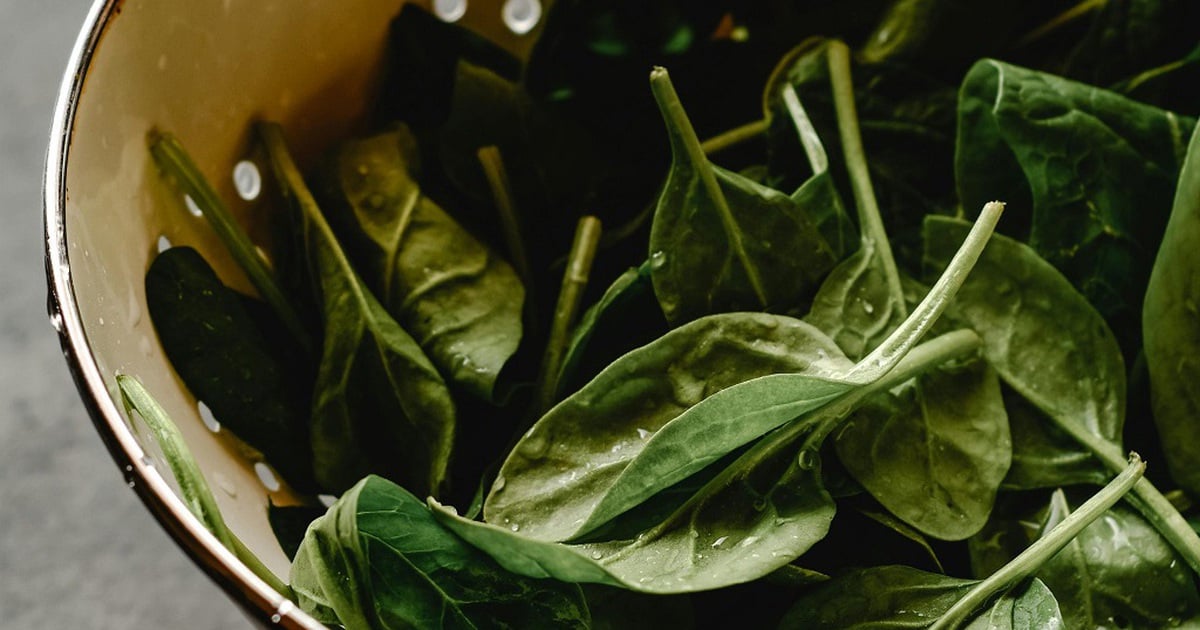
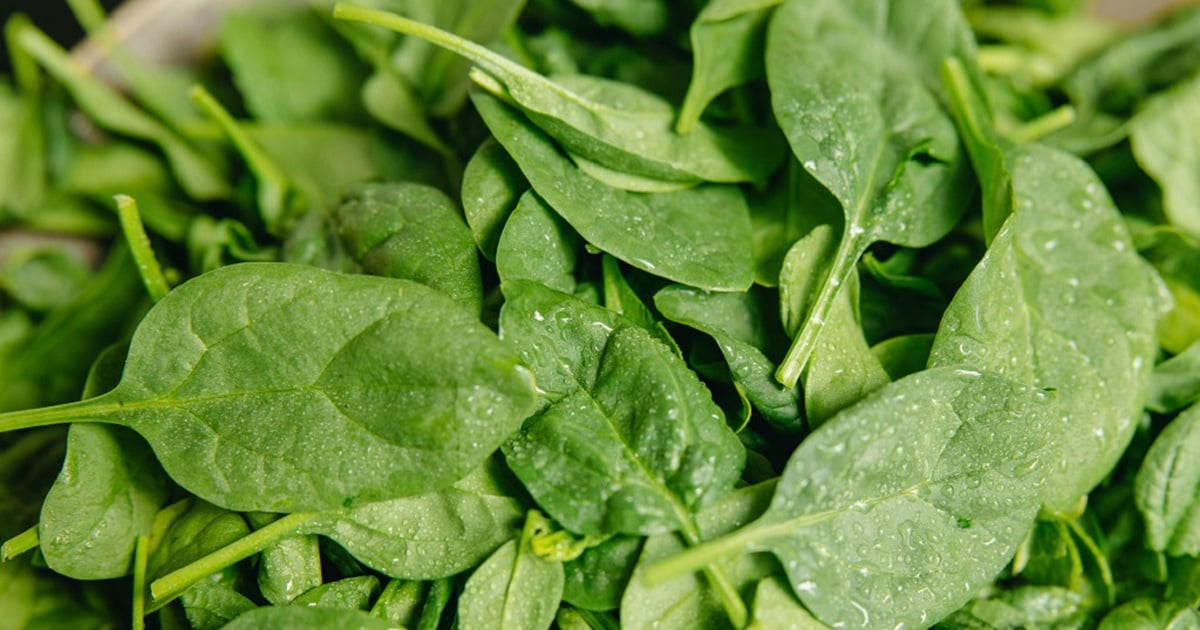
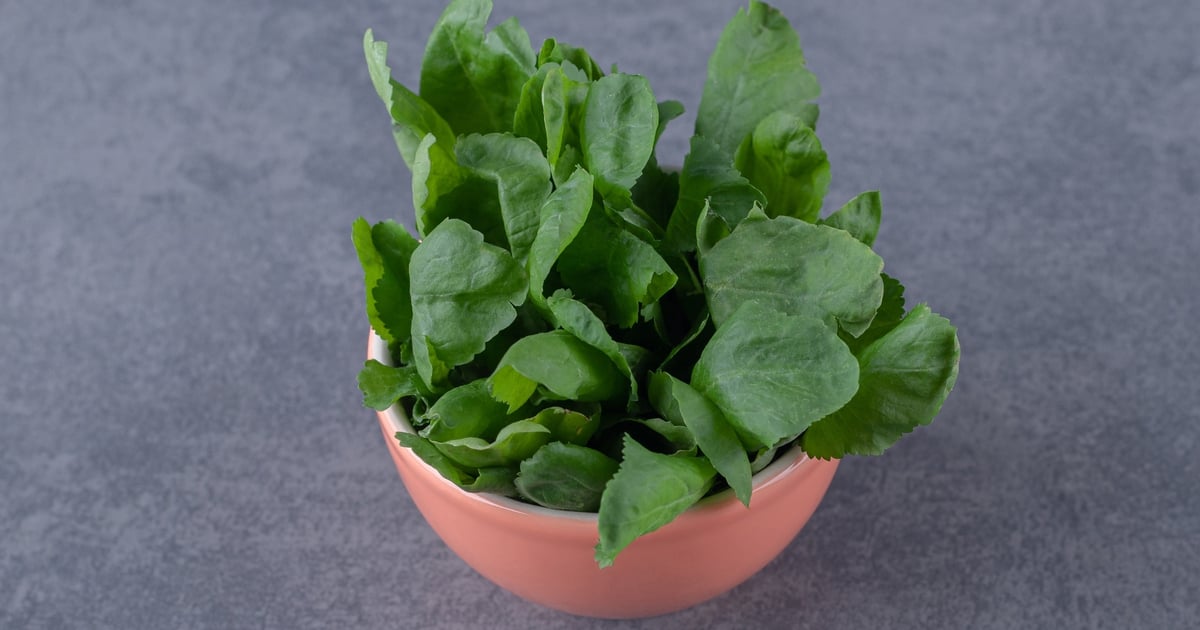
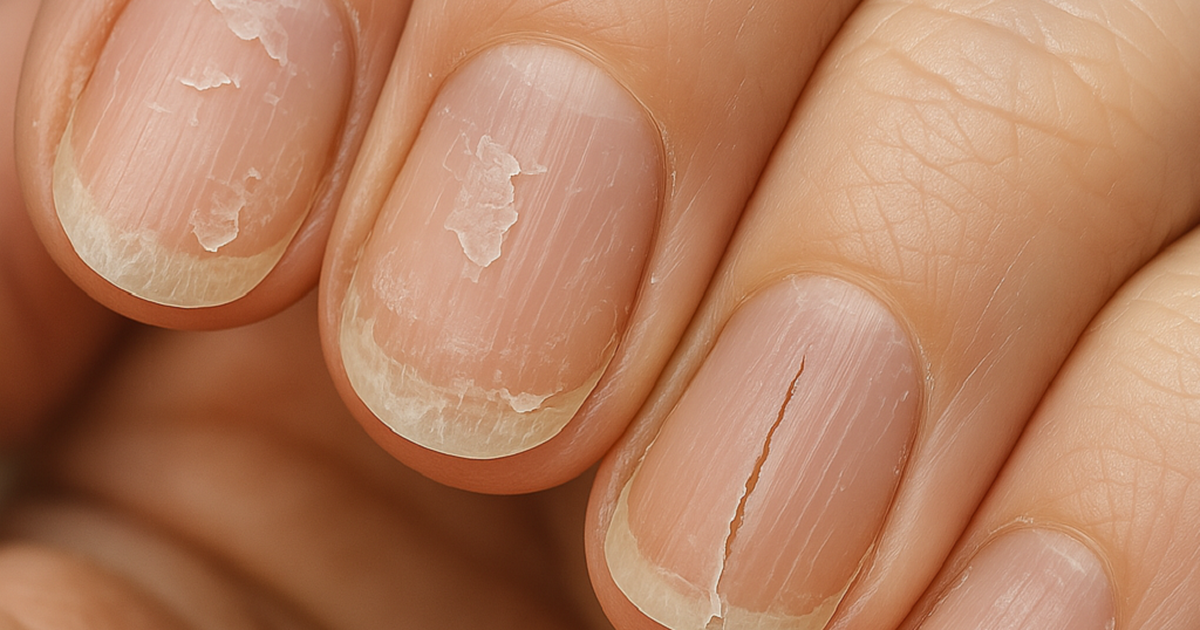
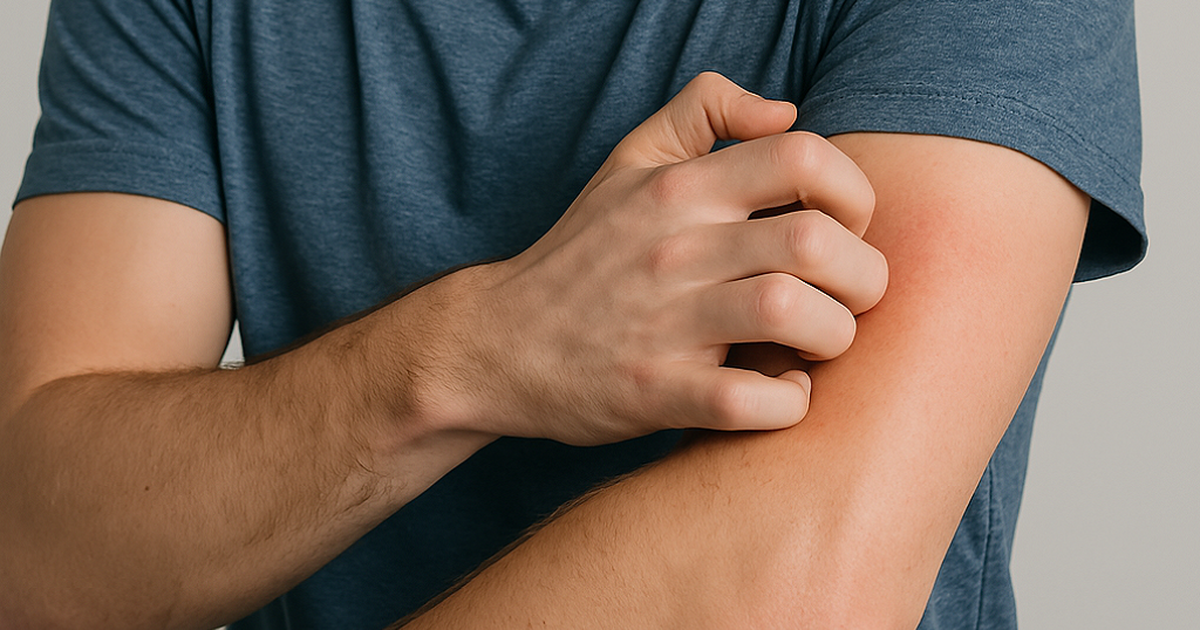


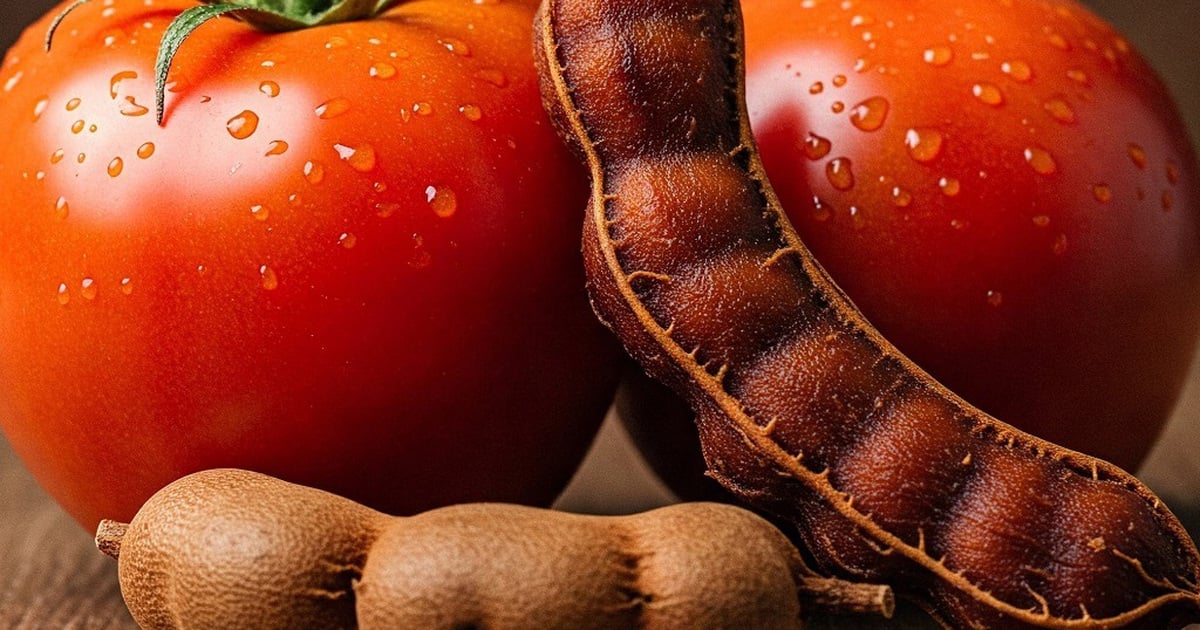


















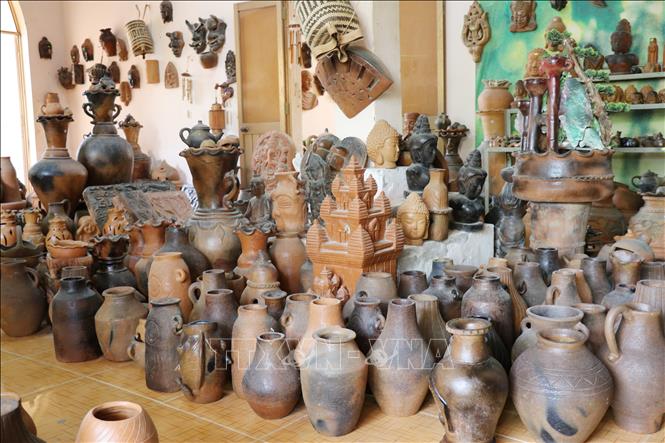


















































Comment (0)